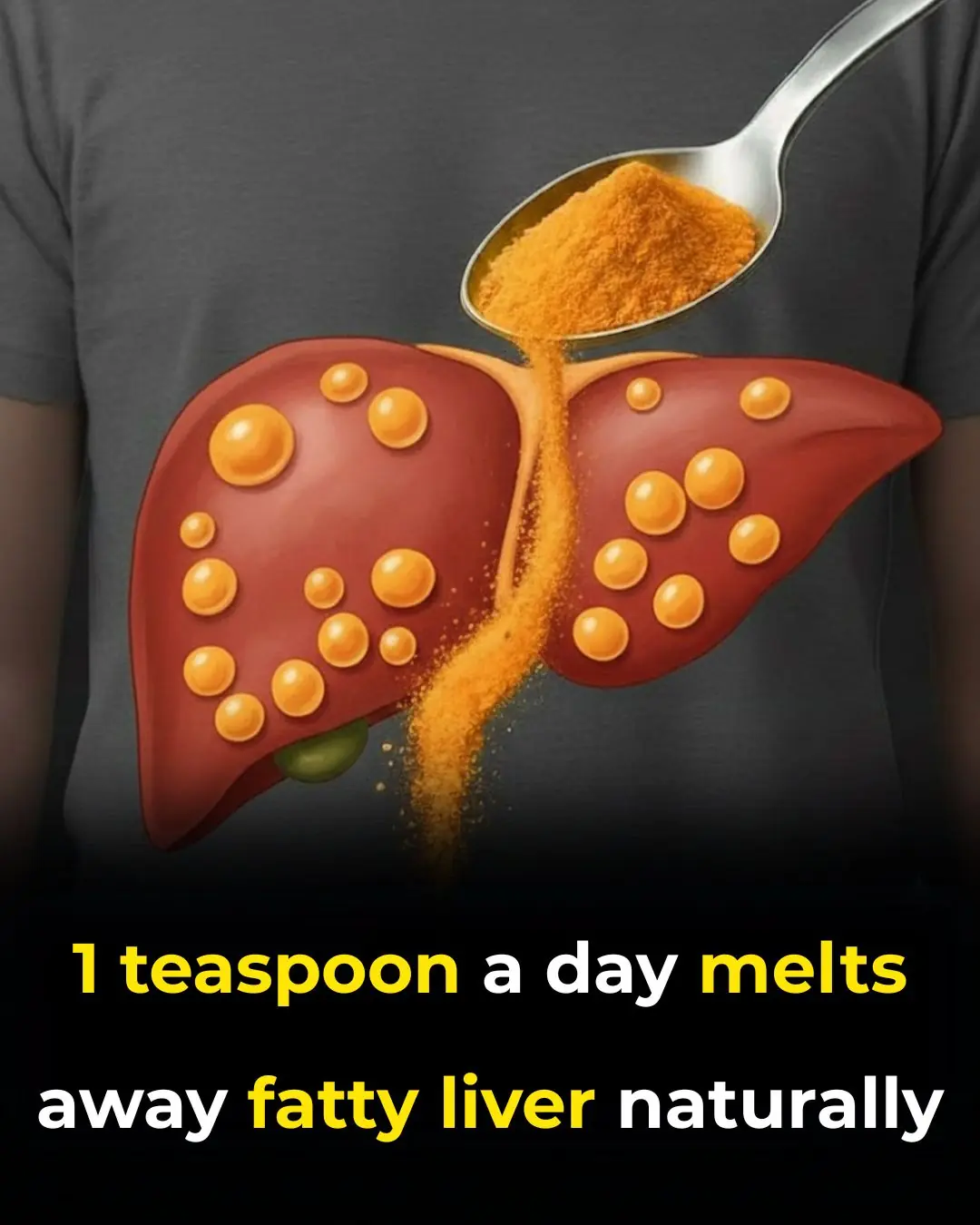
Kamala Harris Sparks National Conversation on Lowering the Voting Age
Kamala Harris has recently sparked a nationwide debate in the United States after suggesting that the country should consider lowering the voting age to 16. Her argument is straightforward: millions of teenagers already participate meaningfully in American society. They hold part-time jobs, pay federal and state taxes, follow national issues, and increasingly speak out about policies that will shape their adult lives. If they are contributing members of the community, Harris asks, why shouldn’t they also have a voice at the polls?
Supporters of the idea argue that today’s young people are more informed and politically engaged than ever before. According to research from the Pew Research Center, members of Generation Z follow news at higher rates compared to teens in previous decades, and they tend to be active participants in online political discussions. Many experts also point out that several countries—including Austria, Argentina, Scotland, and Brazil—already allow 16-year-olds to vote in certain elections. Studies cited by The Atlantic note that these younger voters show a strong ability to make informed decisions and often develop long-term voting habits when they begin participating earlier.
Advocates also believe that giving 16- and 17-year-olds the right to vote could strengthen civic engagement in the long run. Schools could incorporate more robust civics education, local communities could see higher voter turnout, and young people might feel more connected to the democratic process. Some political scientists argue that because teens are still in structured learning environments, they may actually take voting more seriously than first-time voters in their early twenties.
However, critics caution that this proposal could dramatically reshape the U.S. political landscape. Opponents argue that many 16-year-olds lack the emotional maturity, life experience, and civic understanding required to evaluate complex political issues. They also warn that lowering the voting age could shift electoral outcomes in unpredictable ways, potentially benefiting one political party over another. Legal experts interviewed by NPR and The New York Times emphasize that changing the federal voting age would likely require a constitutional amendment—similar to the 26th Amendment, which lowered the age from 21 to 18 in 1971. Achieving such a change would demand overwhelming bipartisan support, which is extremely difficult in today’s politically polarized environment.
Policy analysts also highlight the logistical challenges. Implementing a lower voting age nationwide would require updating voter registration systems, revising state election laws, ensuring secure access to voting for younger teens, and expanding civics education in schools. The Brookings Institution notes that these changes would involve significant coordination between federal, state, and local governments and could take years to fully implement.
Regardless of whether the proposal gains momentum, one thing is clear: Harris’s comments have pushed this long-standing debate back into the national spotlight. Political commentators, civic groups, educators, and lawmakers across the country are discussing it intensely this week. The idea raises big questions about democratic representation, youth engagement, and how America defines the responsibilities and rights of citizenship.
News in the same category

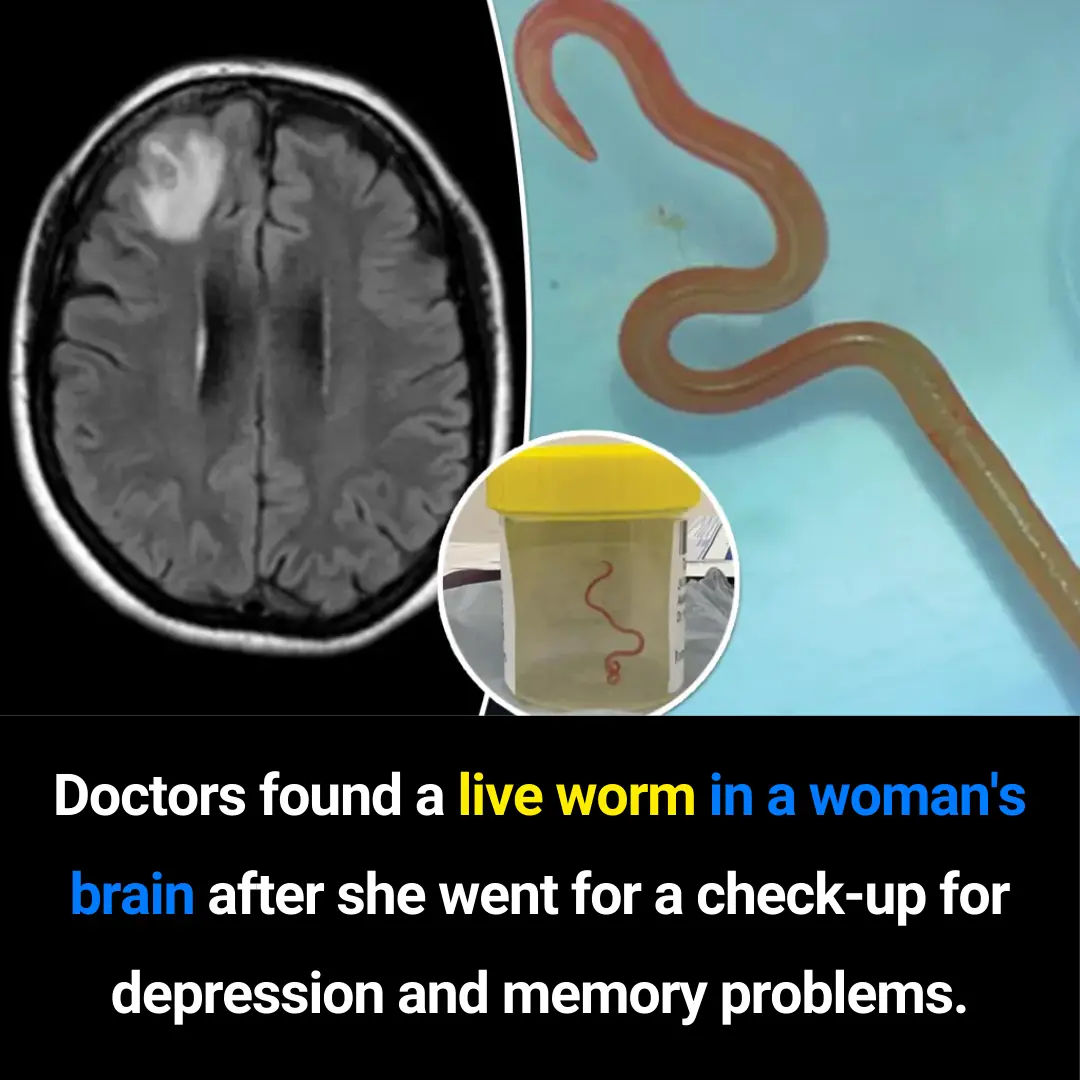
Doctors Discover First-Ever Live Worm Found in a Human Brain: A Historic Medical Case in Australia
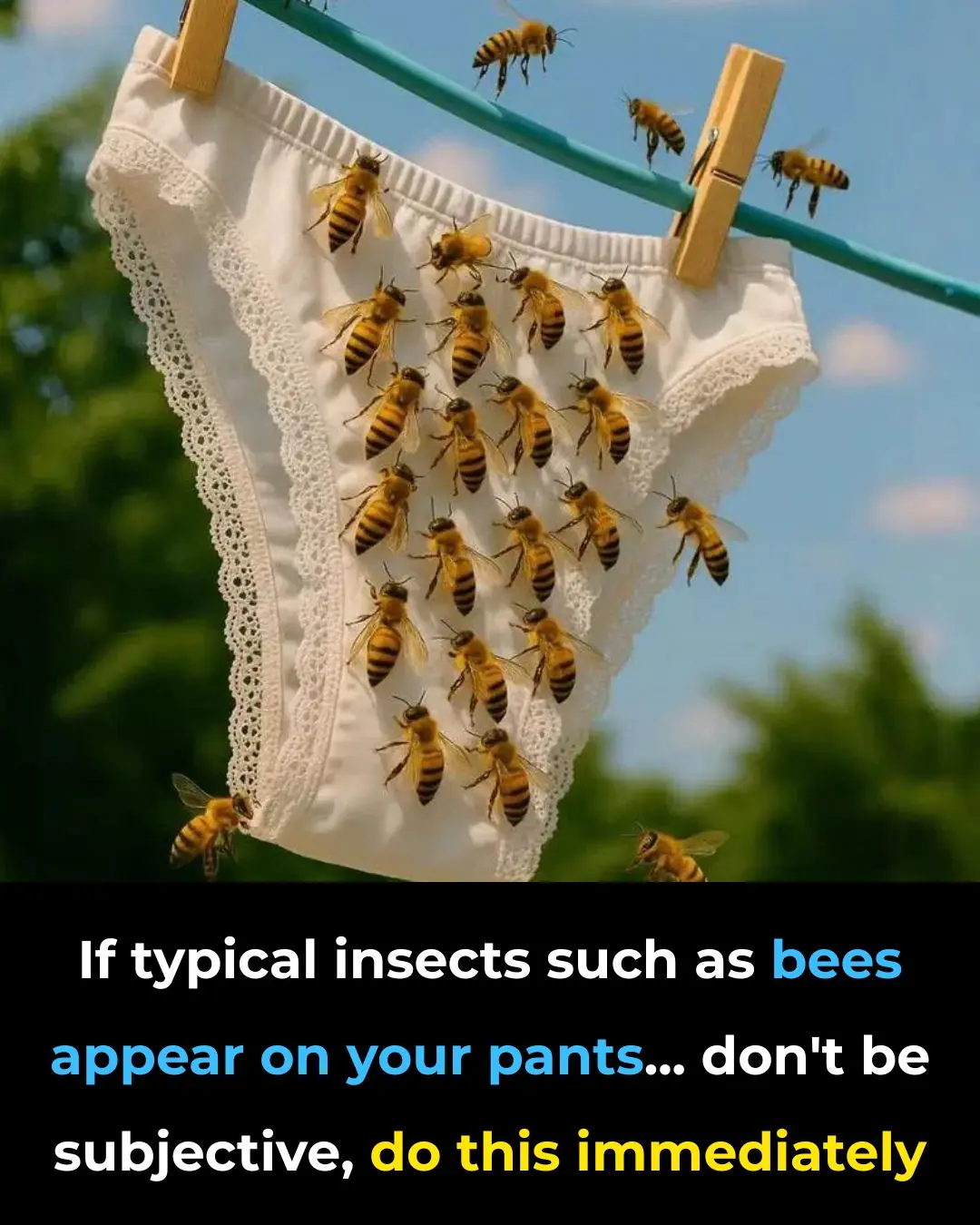
Why Bees Land on Fresh Laundry: Understanding Their Attraction and How to Prevent It

What Are the “Black Triangles” Between Your Teeth
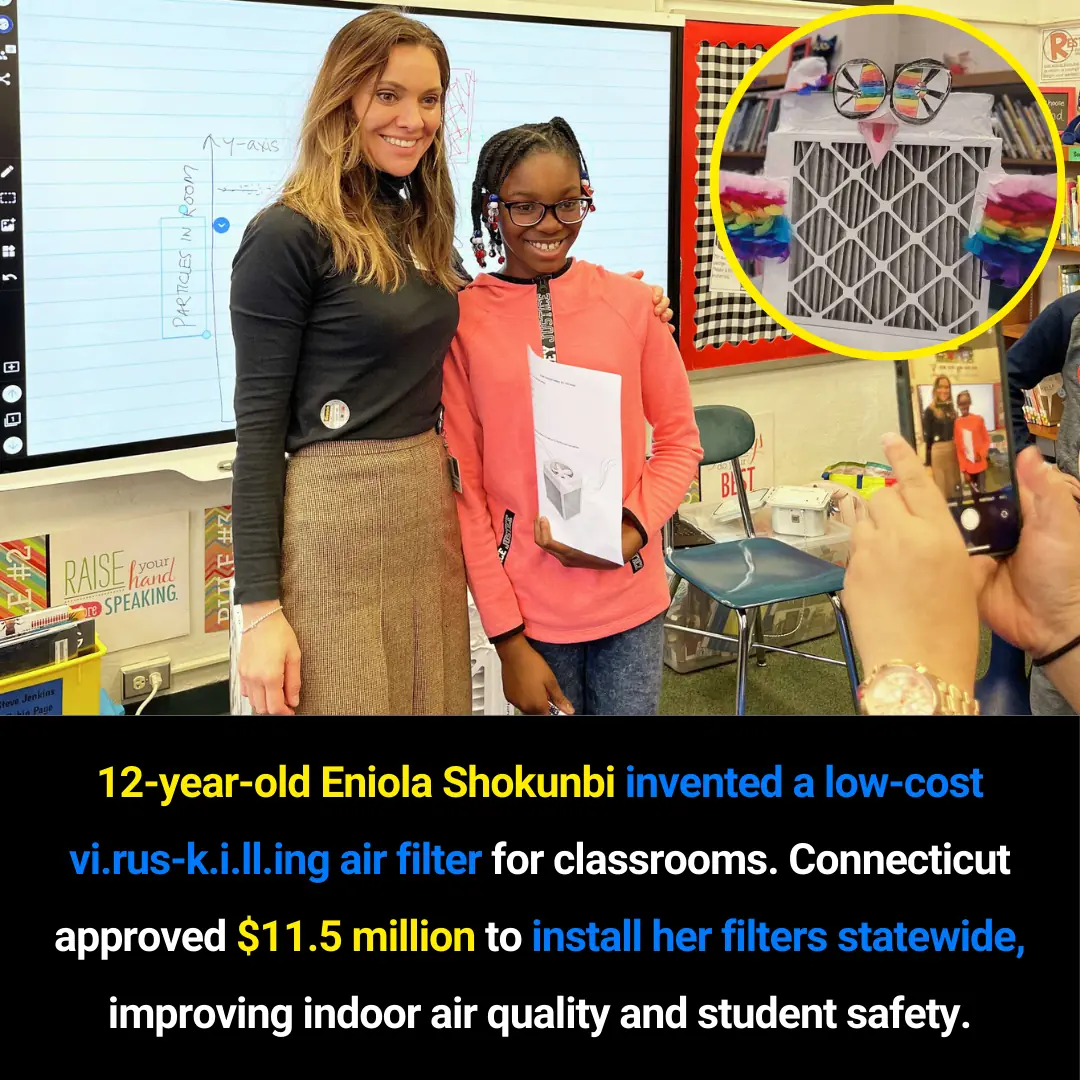
12-Year-Old Innovator Creates Low-Cost Virus-Removing Air Filter Adopted Across Connecticut
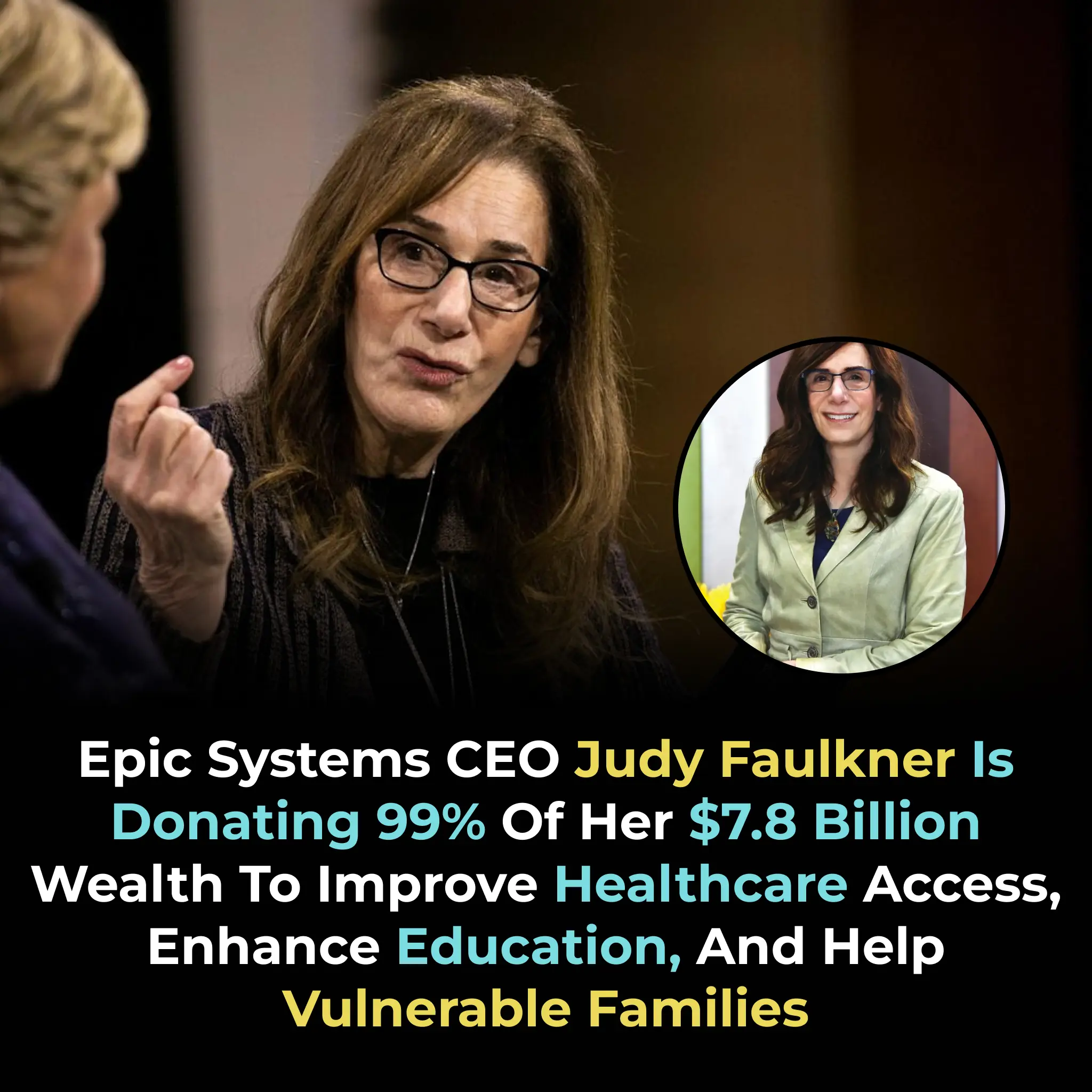
Billionaire Judy Faulkner, 82, Commits to Giving Away 99% of Her $7.8B Fortune
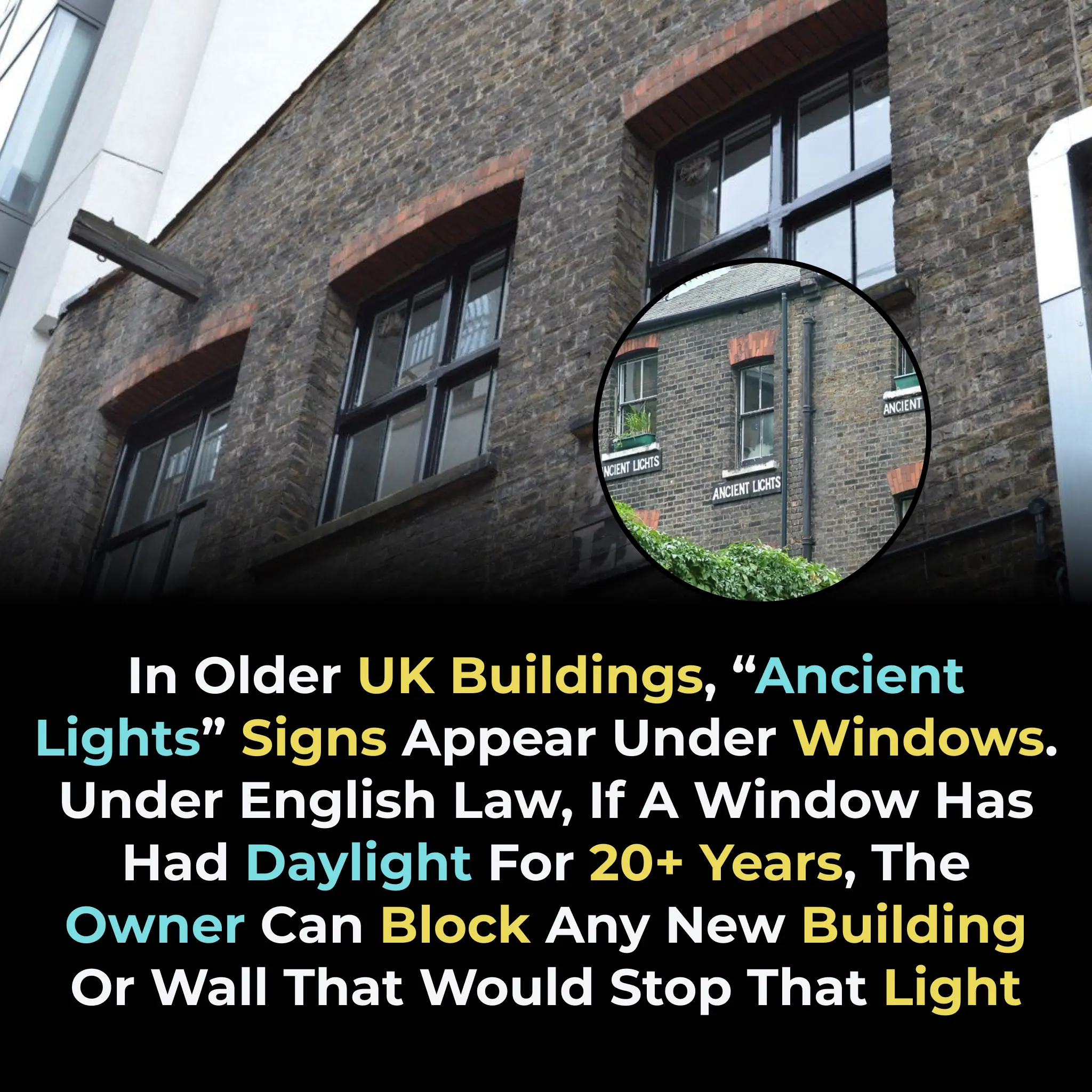
The Curious Story Behind "Ancient Lights" in UK Property Law
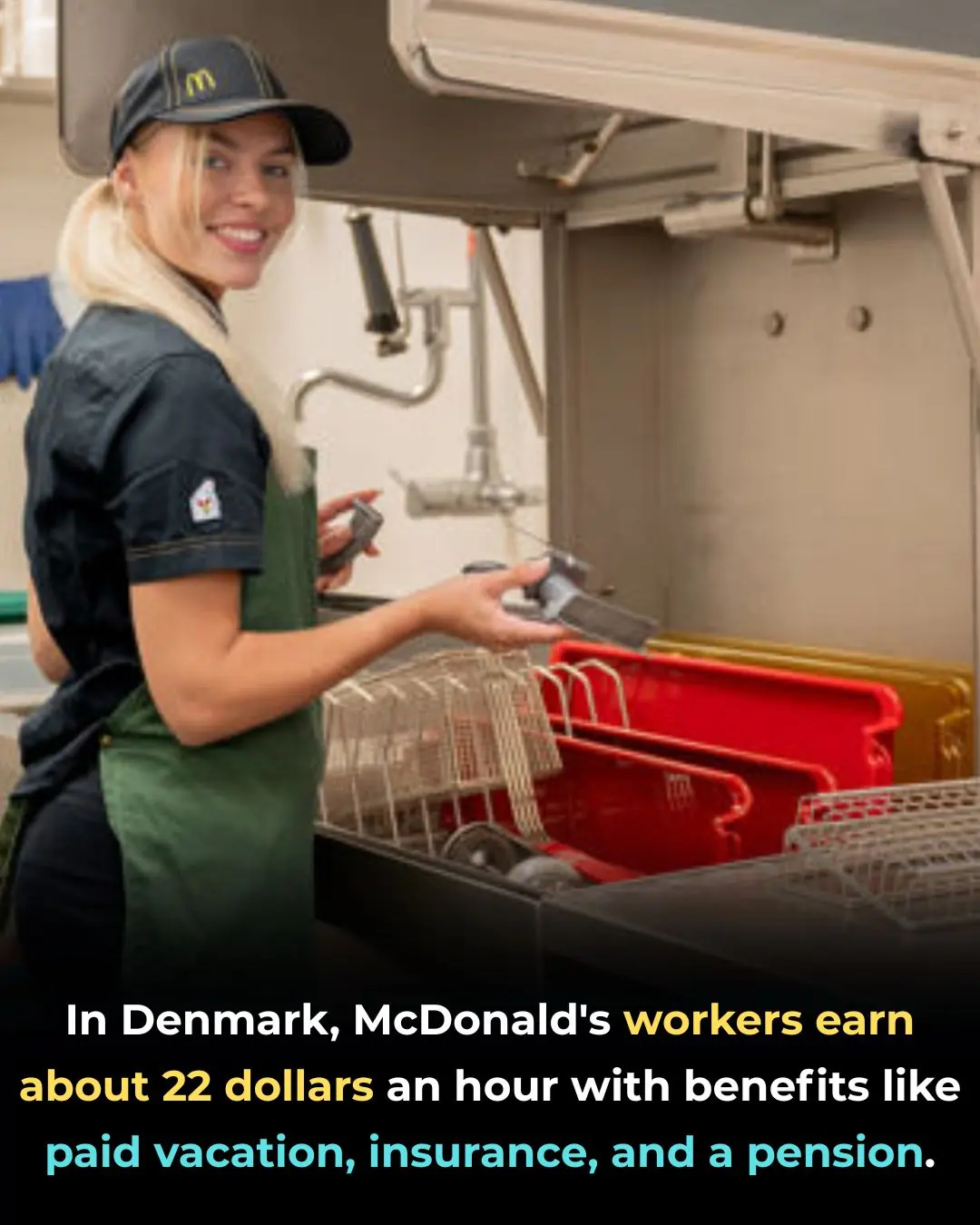
From Precarious to Prosperous: Denmark’s Approach to Entry-Level Jobs
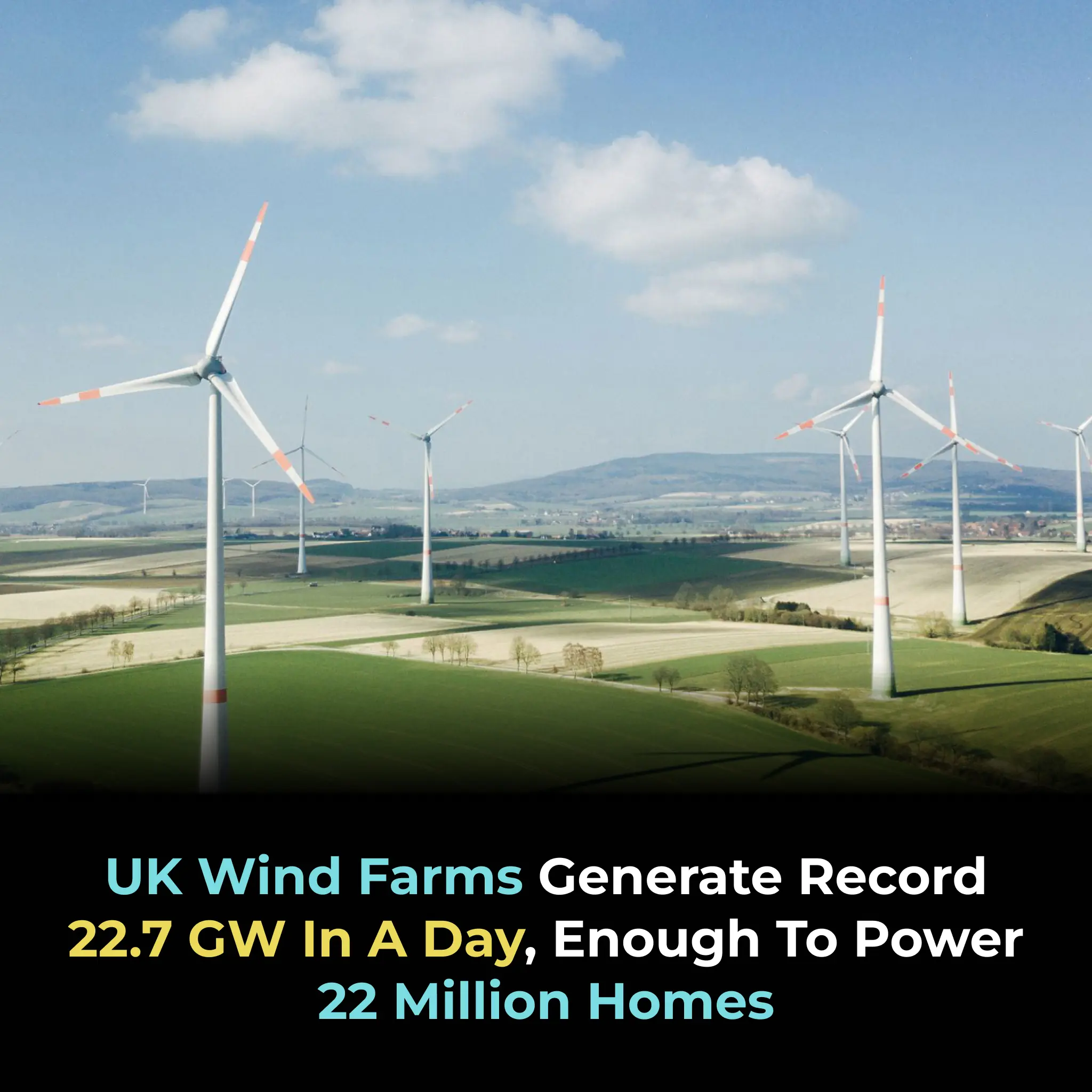
California’s Solar-Canal Initiative: A Game-Changer for Clean Energy and Water Conservation
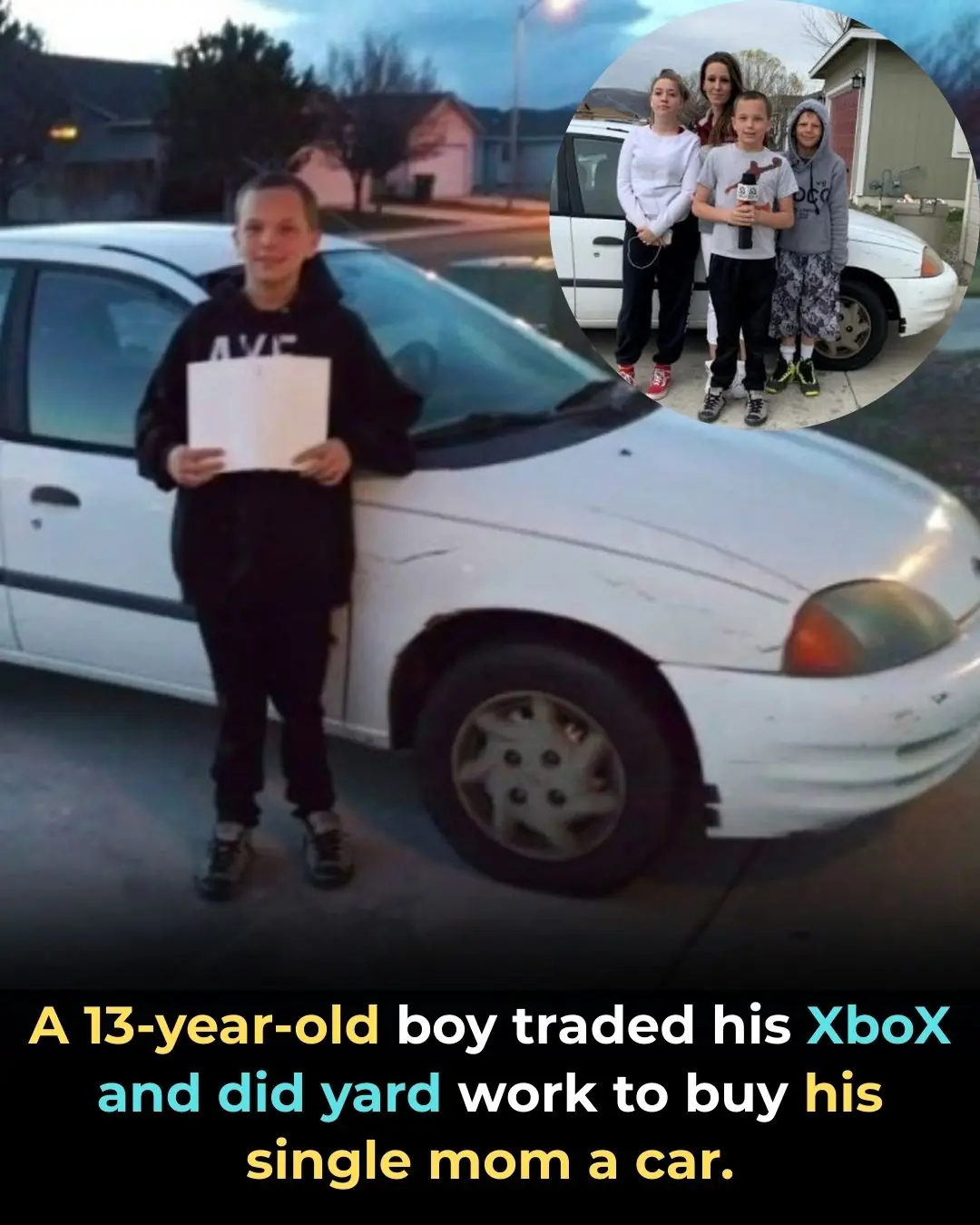
Nevada Teen Shows Extraordinary Love, Buys Mom a Chevrolet Metro
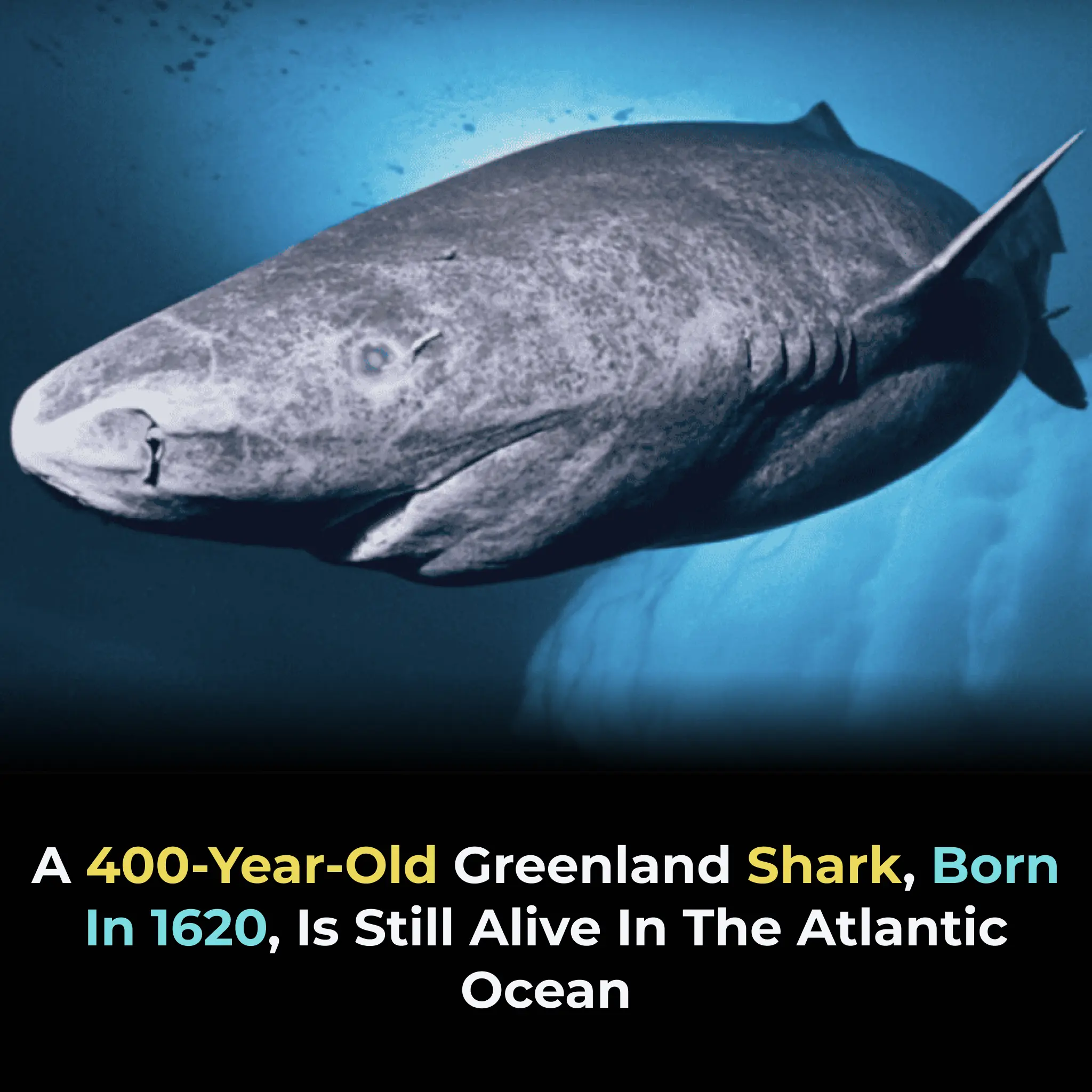
The Greenland Shark: A Creature That May Have Lived Through the 1600s
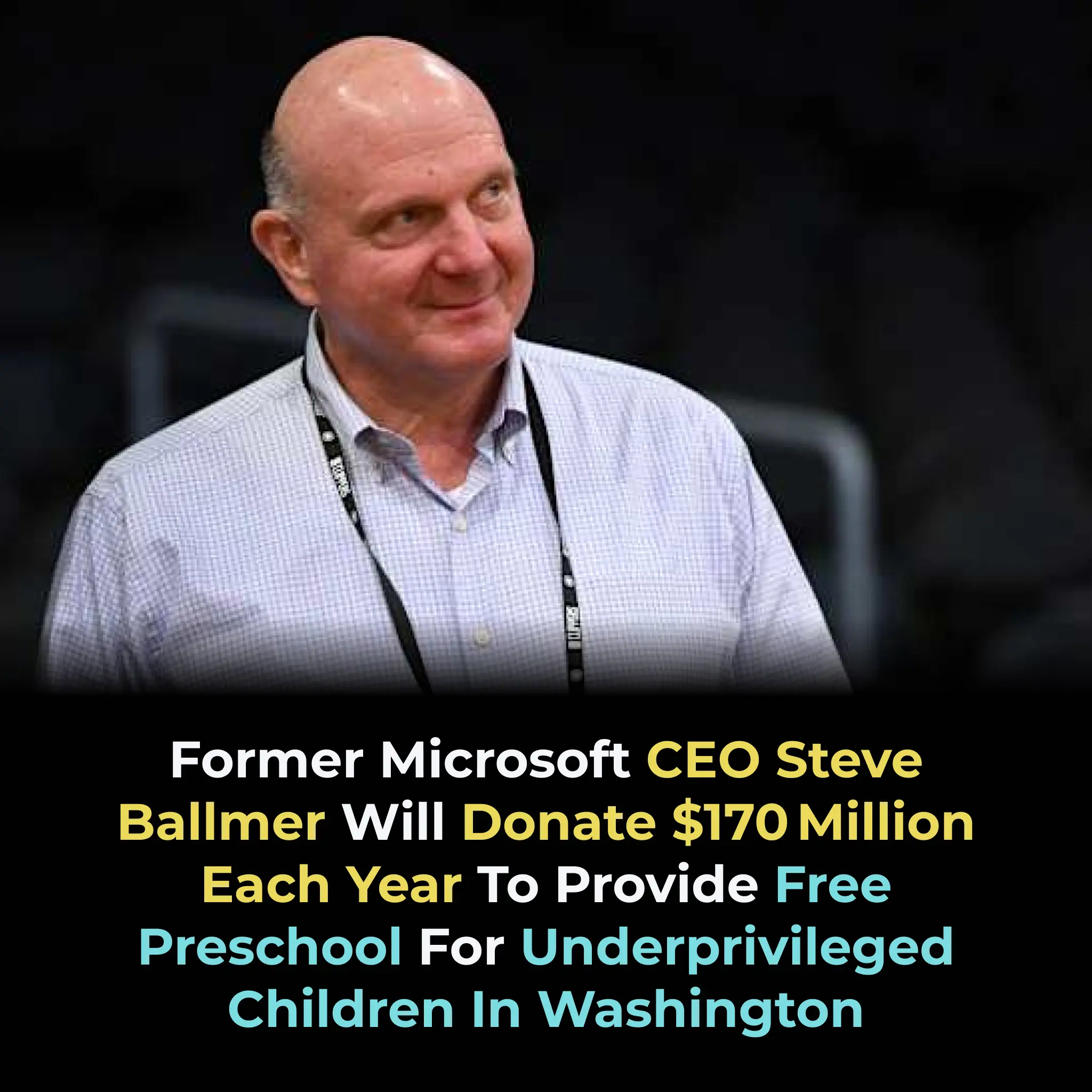
Steve Ballmer’s $170 Million Annual Commitment to Early Childhood Education in Washington State
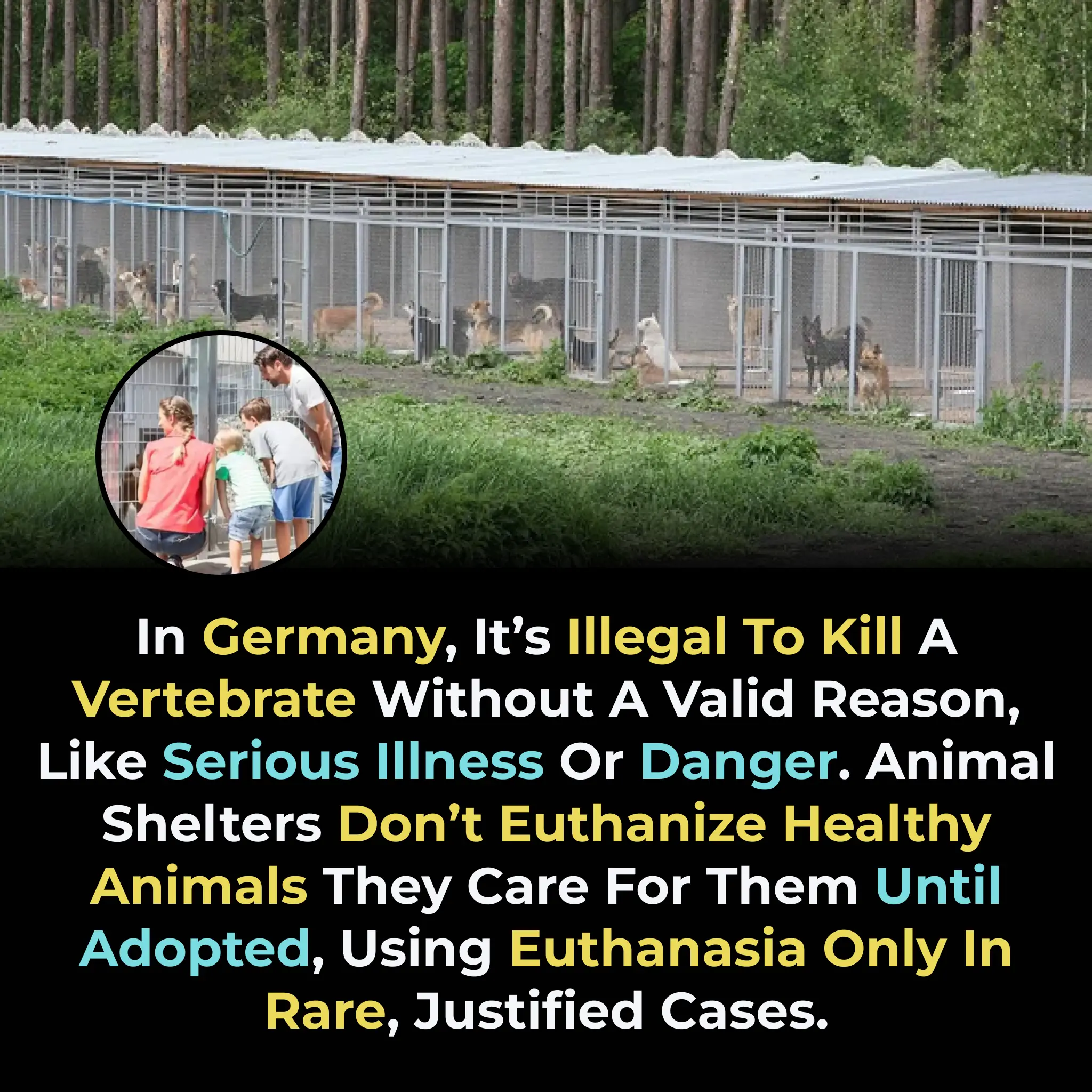
Why Germany’s Animal Shelters Are Virtually “No‑Kill” — And How the Law Makes It So

Steven Pruitt and the Power of Volunteer Knowledge
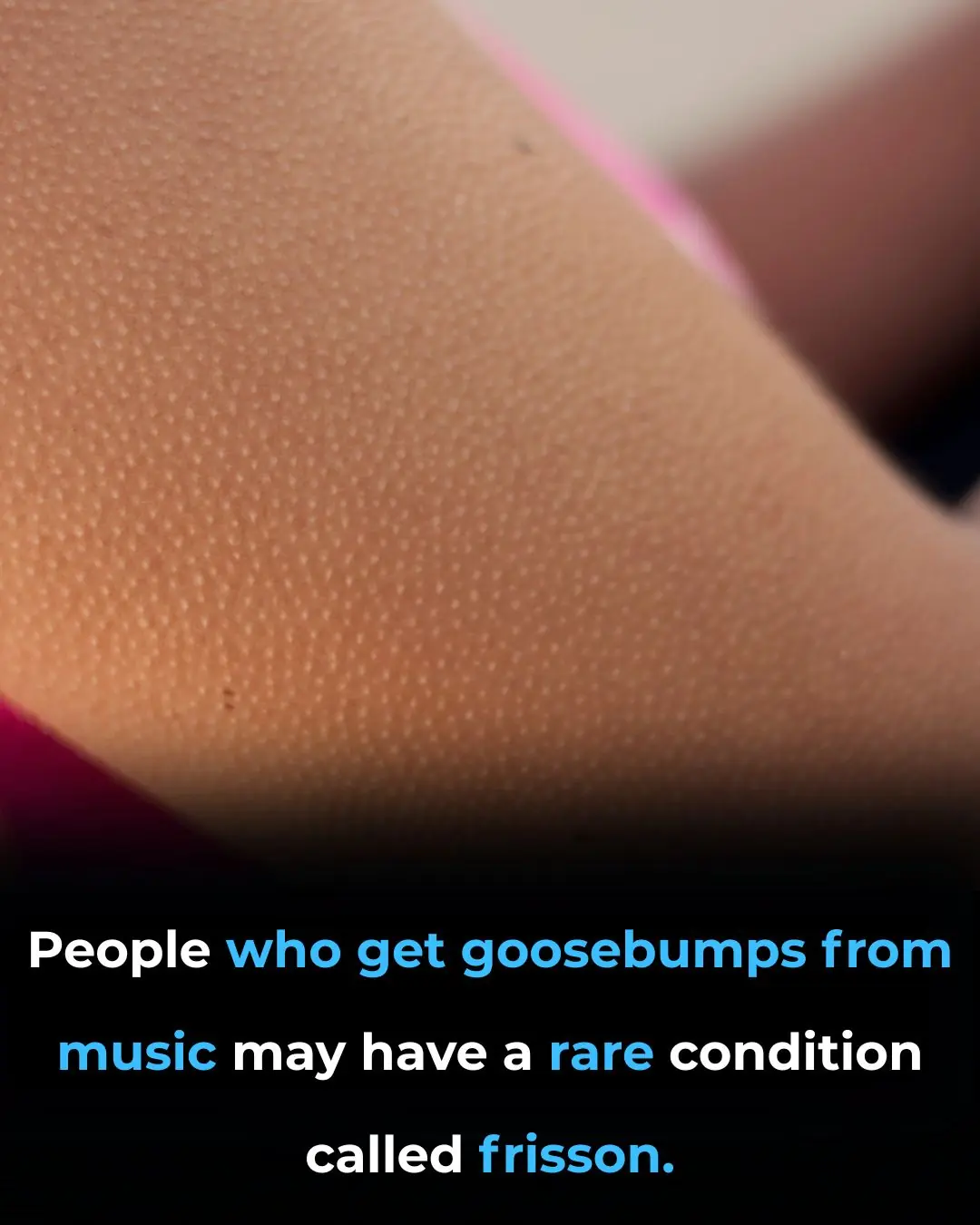
Frisson: The Science and Sensation of Goosebumps from Music and Art
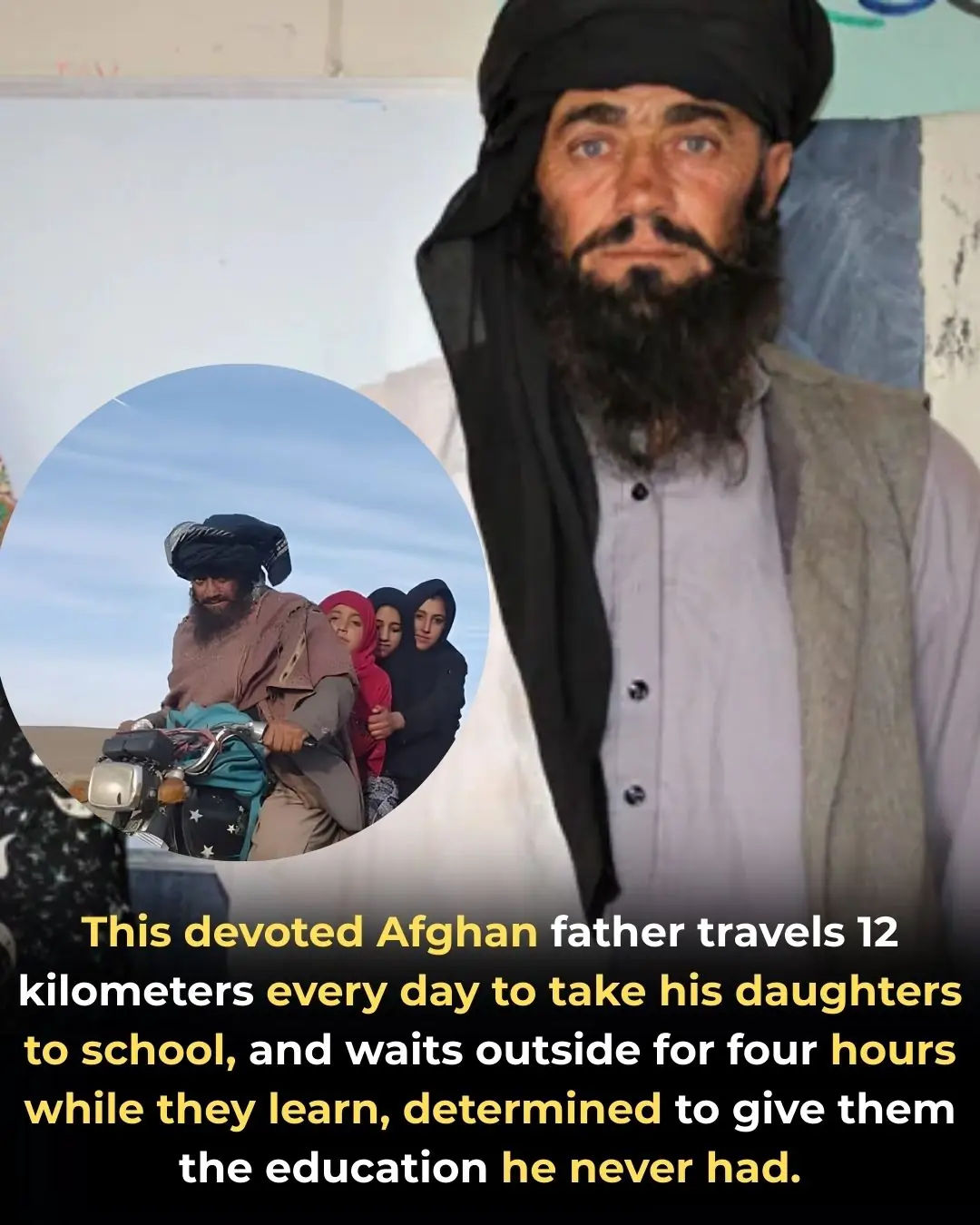
A Ride for Hope: How One Afghan Father Is Transforming His Daughters’ Future
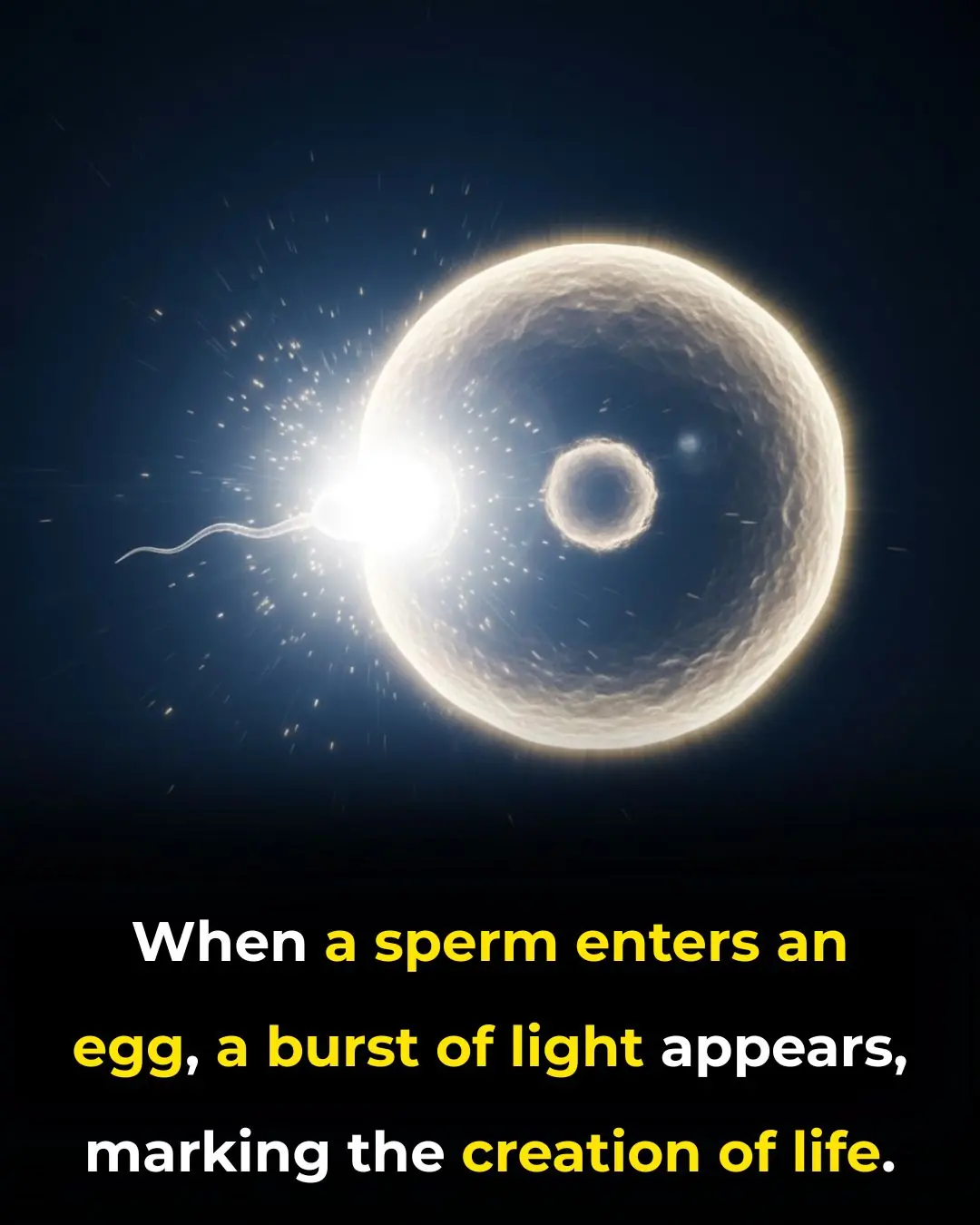
When Life Begins With a Flash: Understanding the Zinc Spark Phenomenon

From Endangerment to Recovery: The Remarkable Journey of the Haleakalā Silversword
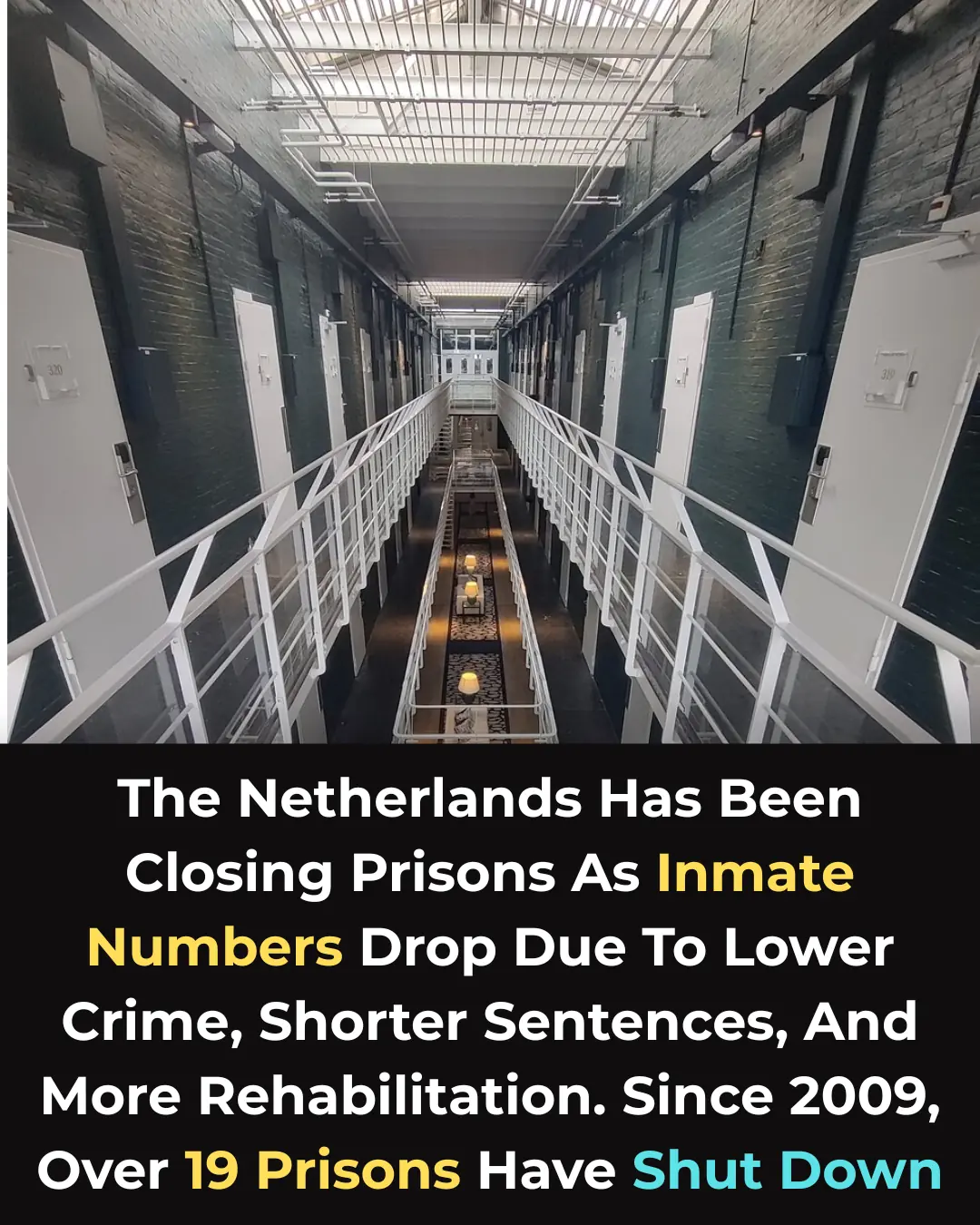
Closing Prisons, Strengthening Communities: The Netherlands’ Remarkable Shift
News Post
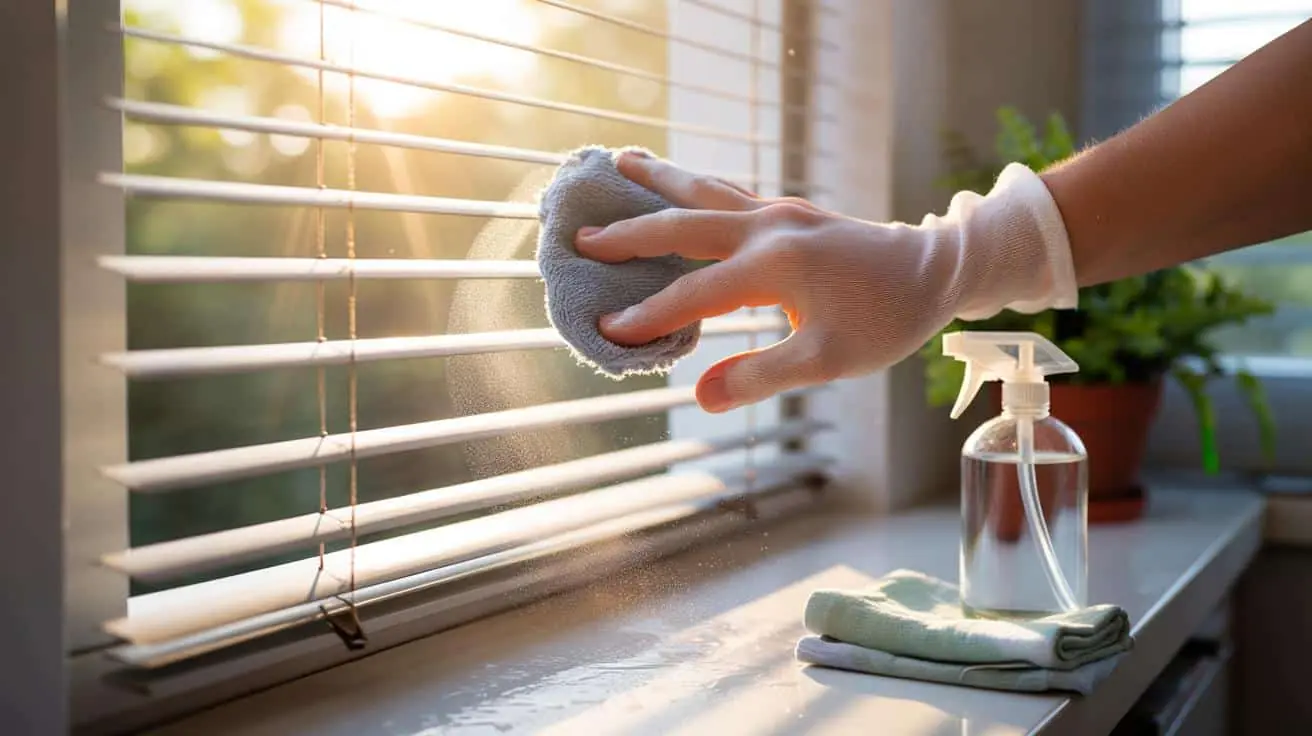
A Simple Sock Trick to Clean Dusty Window Blinds with Almost Zero Effort

🧠✨ Stunning MRI Images Reveal the Hidden World of Babies in the Womb

Doctors Discover First-Ever Live Worm Found in a Human Brain: A Historic Medical Case in Australia

Barrow Enters Extended Polar Night, Offering Insights into Arctic Life and Climate Research

Why Bees Land on Fresh Laundry: Understanding Their Attraction and How to Prevent It
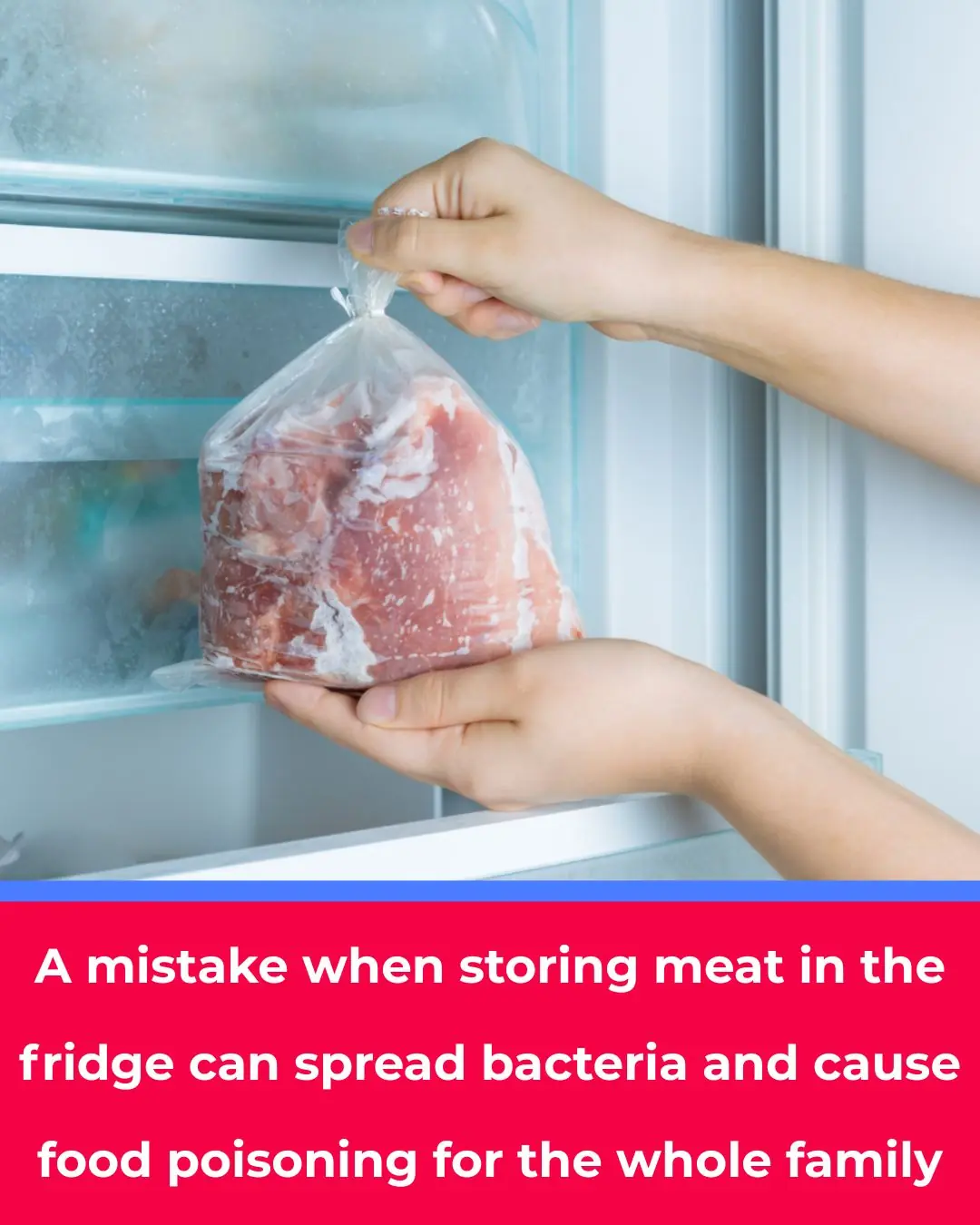
A Common Mistake When Storing Meat in the Fridge Can Spread Bacteria and Cause Food Poisoning

What Are the “Black Triangles” Between Your Teeth

7 Foods That Can Last for Years: Still Safe to Eat Even After the Expiry Date
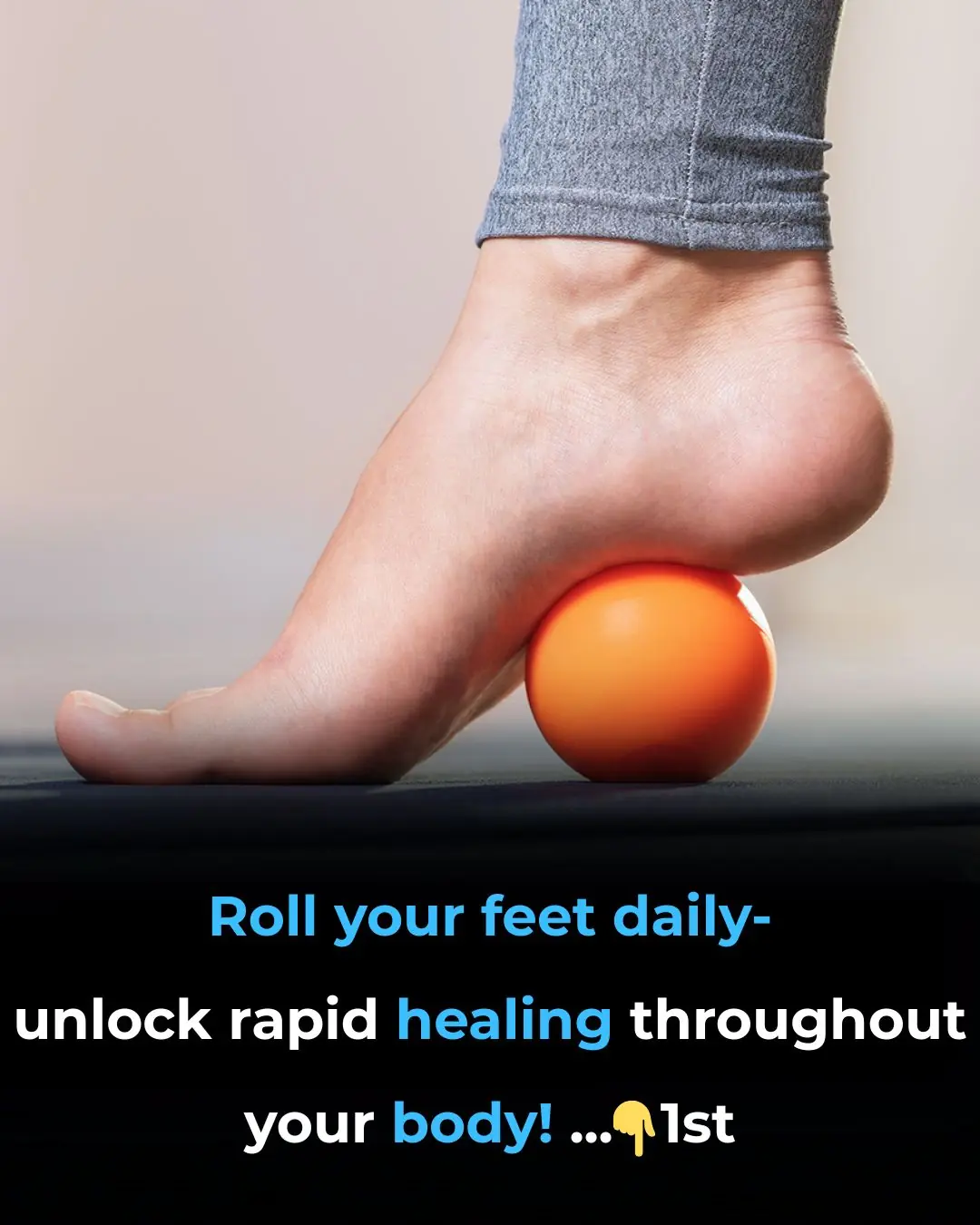
Roll your feet daily—unlock rapid healing throughout your body!
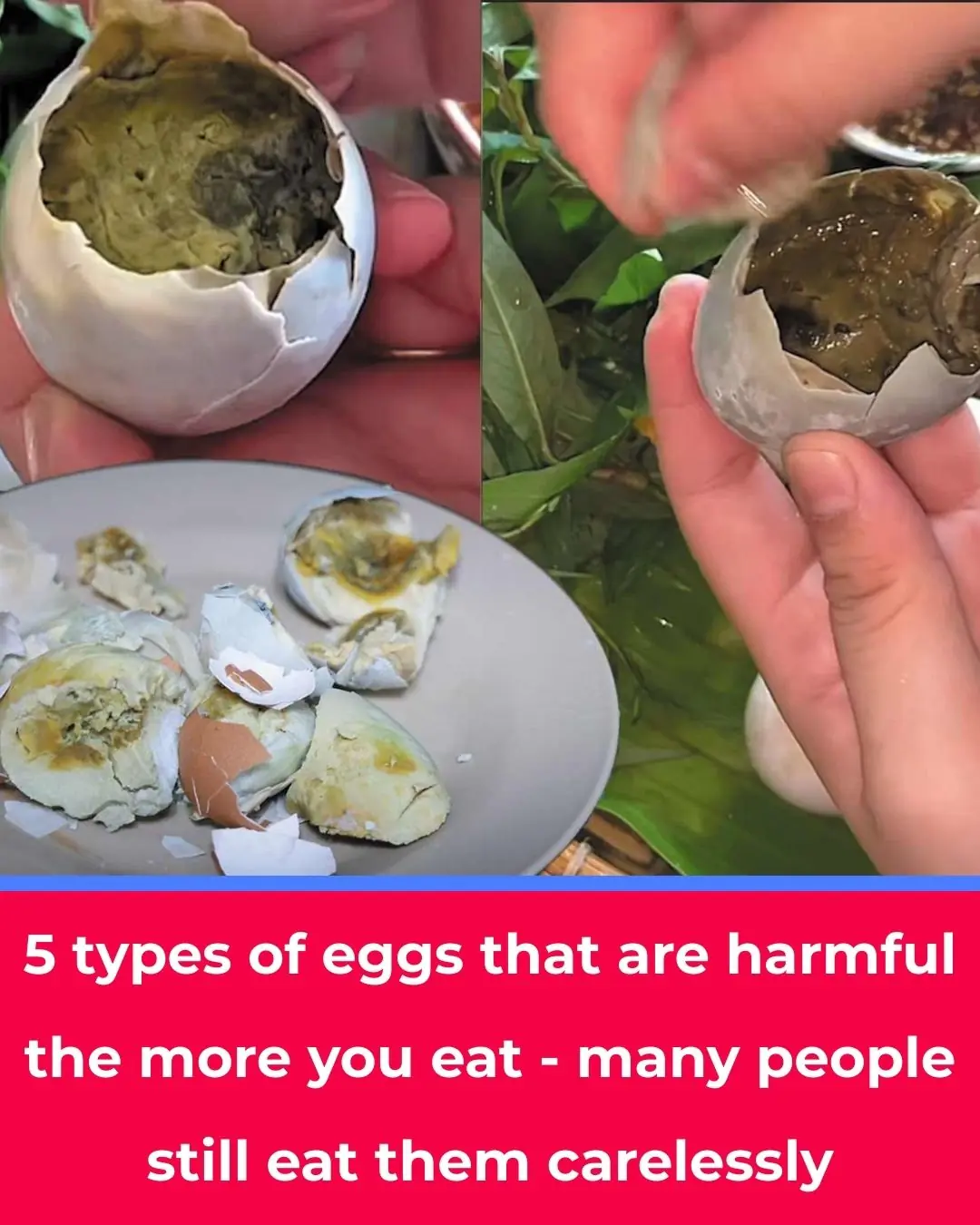
5 Types of Eggs That May Be Harmful if Eaten Regularly
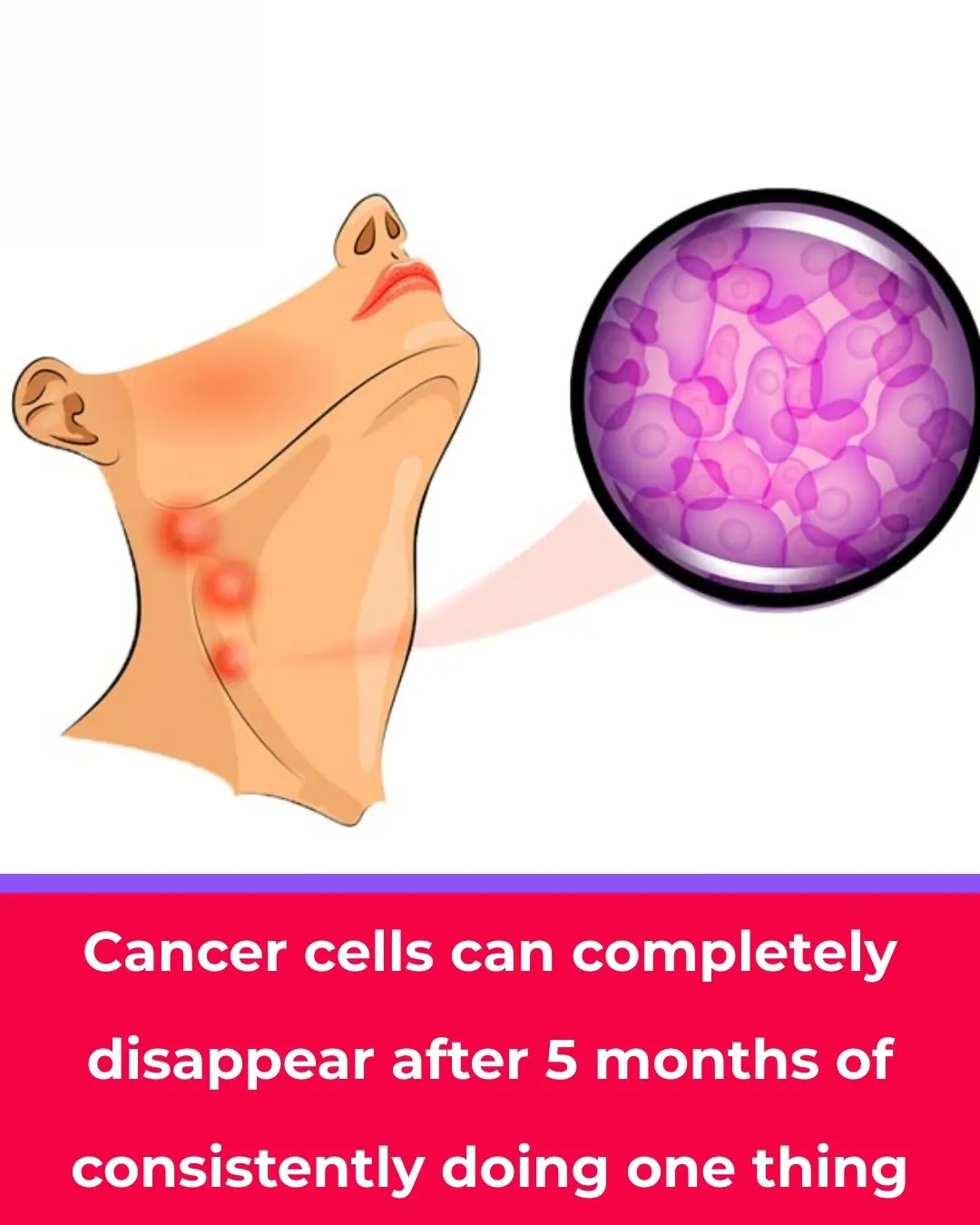
Cancer cells disappeared after 5 months thanks to consistent medical treatment

Qatar Launches Massive Desalination Plant Producing 600 Million Liters of Fresh Water Daily
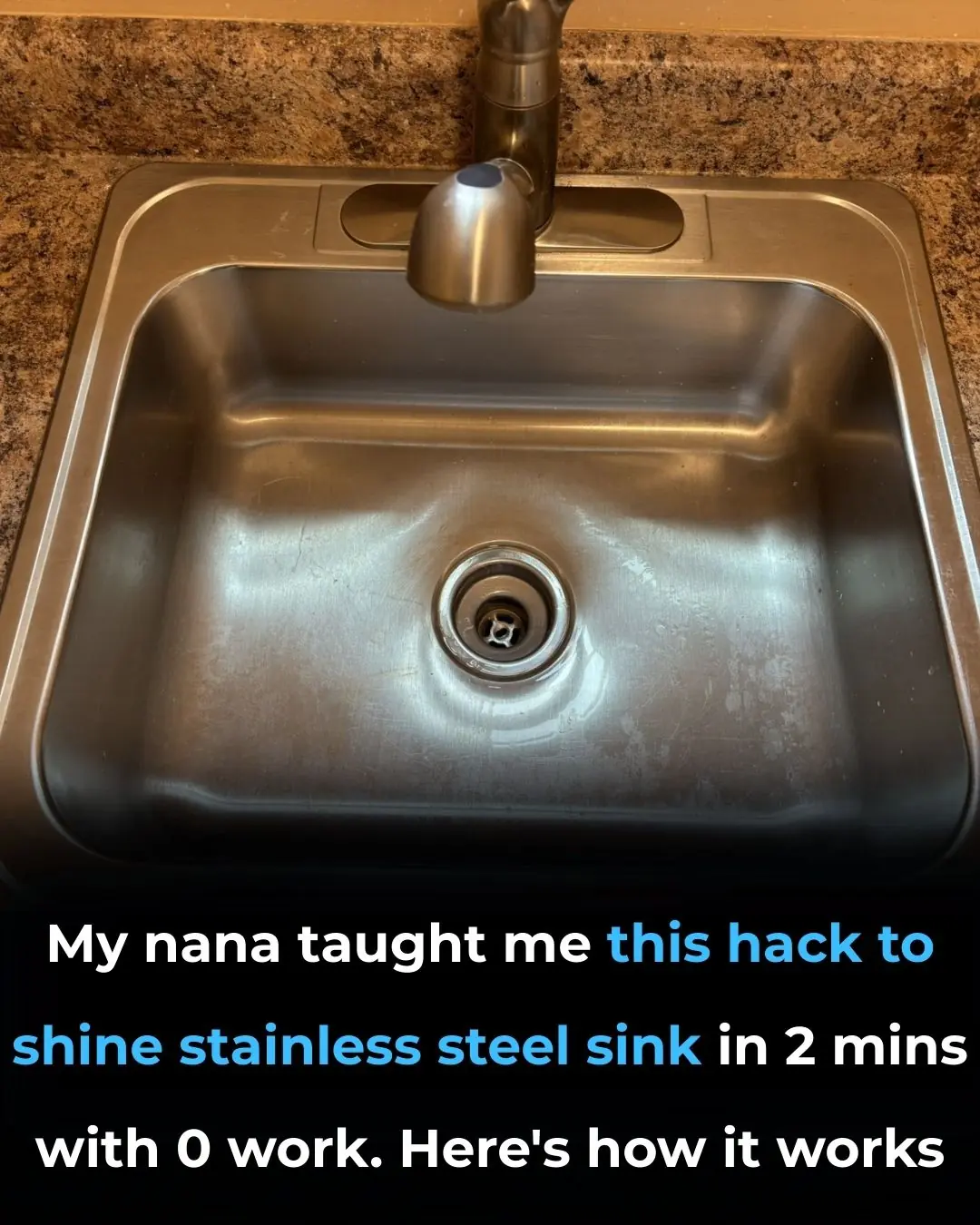
My Nana’s 2-Minute Hack to Make a Stainless Steel Sink Shine With Zero Effort

12-Year-Old Innovator Creates Low-Cost Virus-Removing Air Filter Adopted Across Connecticut
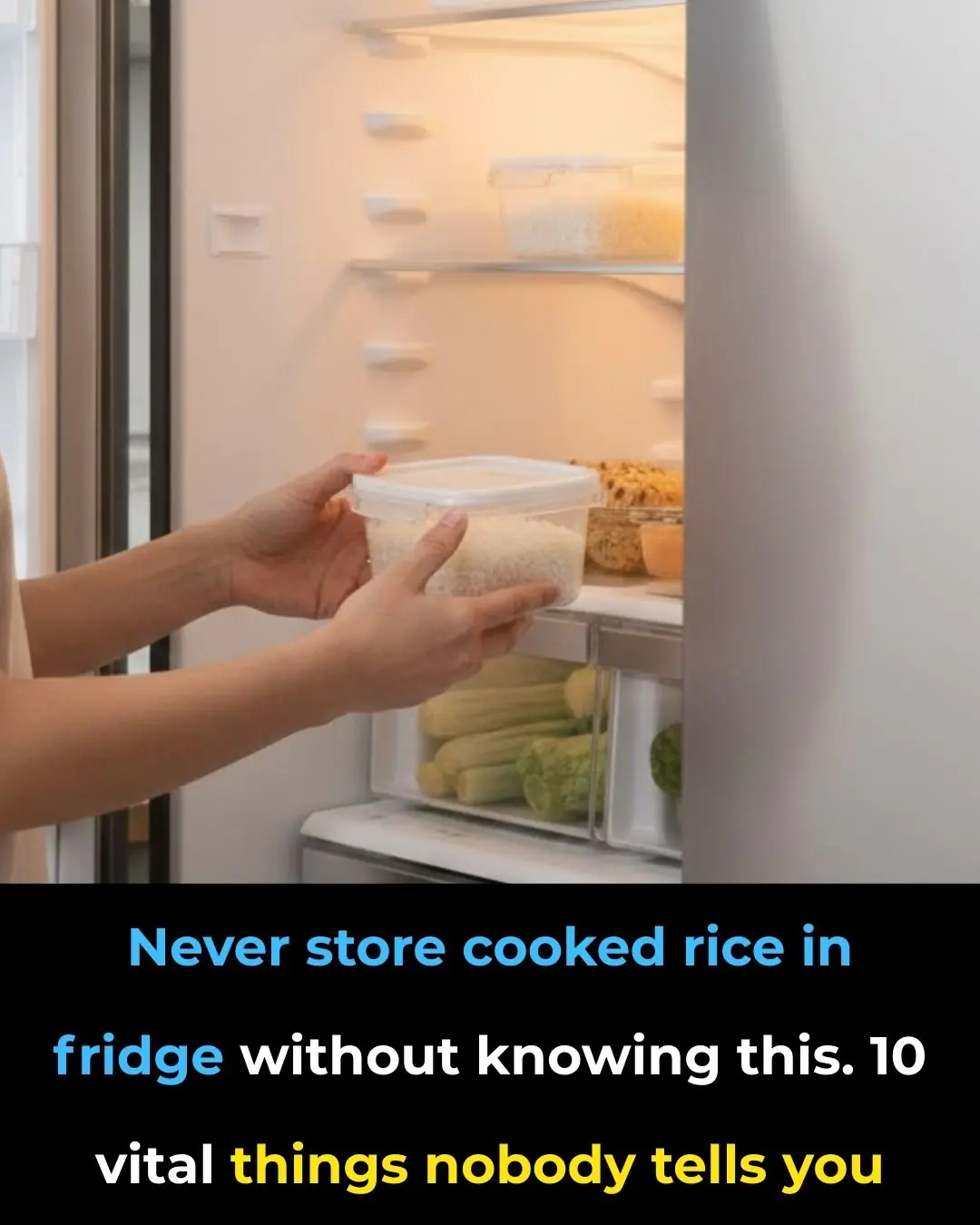
The Hidden Risks of Storing Cooked Rice the Wrong Way
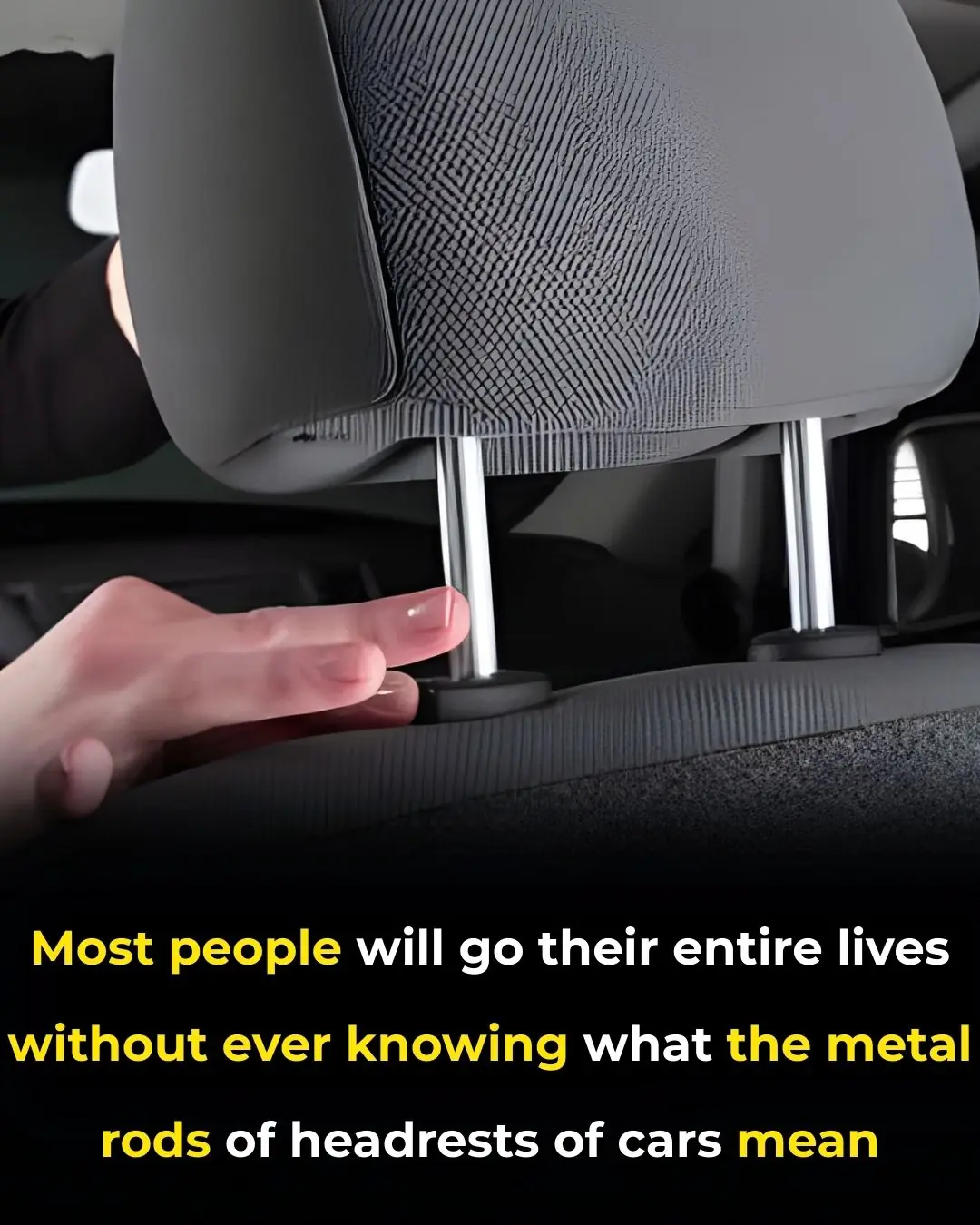
The Secret Purpose of the Metal Rods in Car Headrests
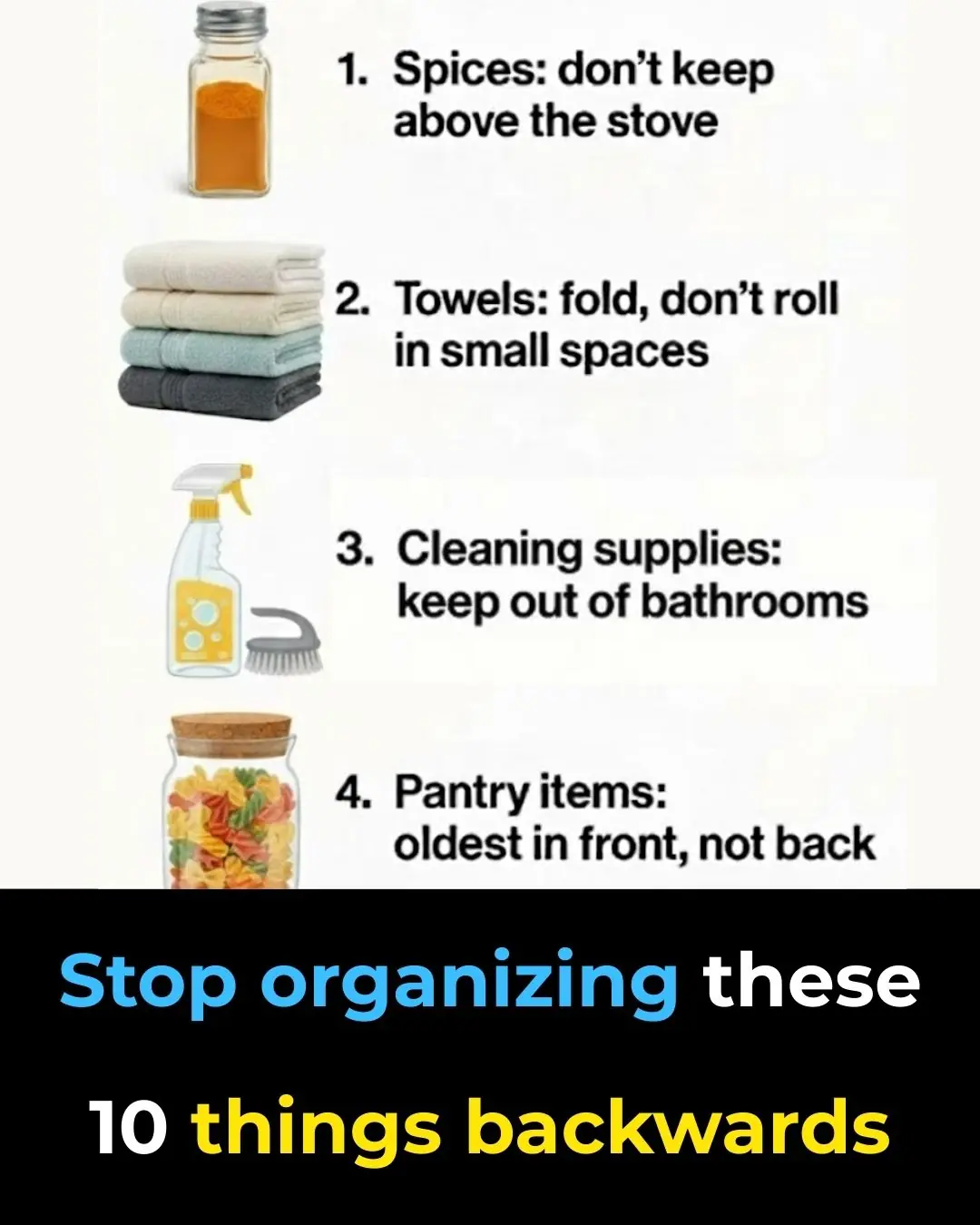
Stop Organizing These 10 Things the Wrong Way
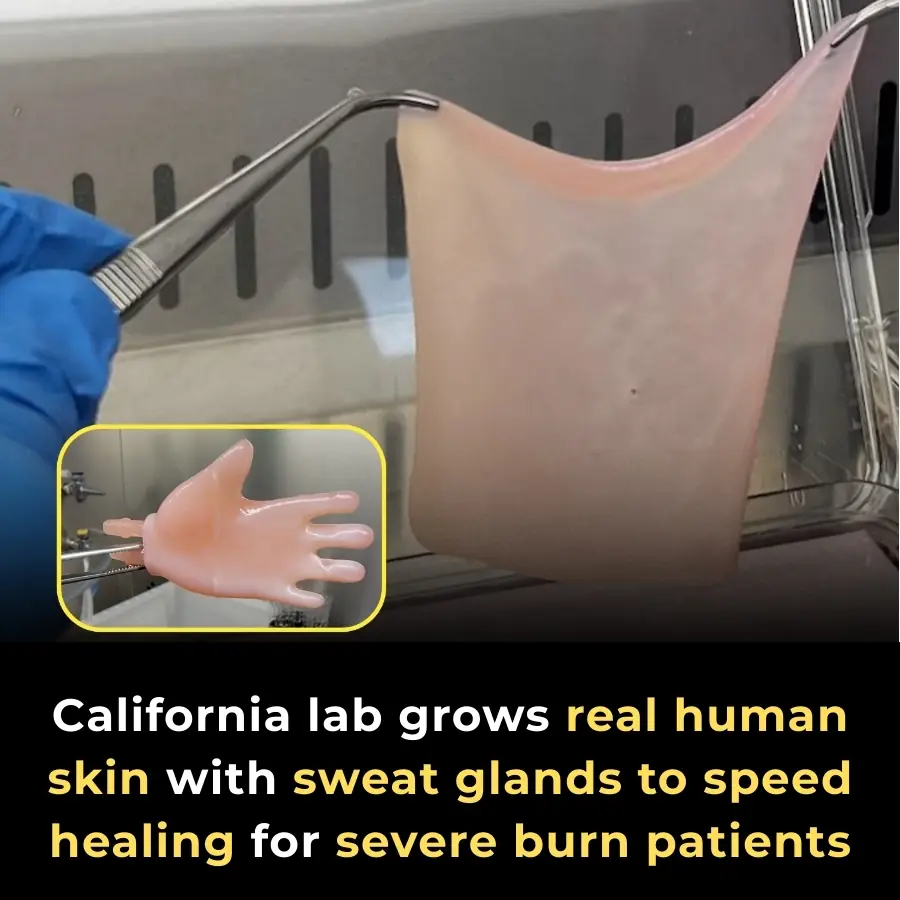
California Scientists Grow Fully Functional Human Skin With Sweat Glands for Burn Patients
